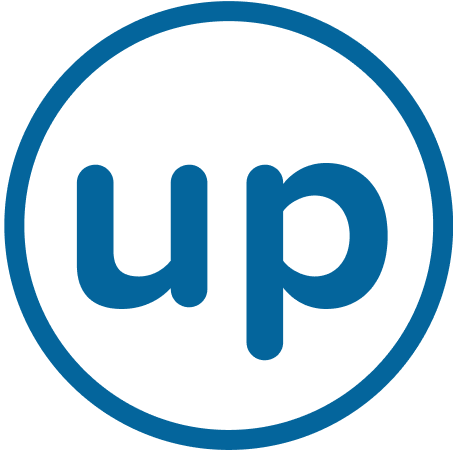How to Set Career Goals for 2025

Blog Team
2024 - Lessons Learned
Before looking ahead, it’s worth taking a moment to reflect on the year that just passed. Self-assessment is the starting point for understanding where you’ve been and where you want to go.
Start by asking yourself some key questions:
- What were the biggest successes you achieved this year? These could be projects you completed, skills you mastered, or milestones you hit.
- What challenges stood out, and how did you tackle them? Look at what tested your limits and where you may have struggled.
- Which skills or experiences made the most impact on your growth? This could range from technical abilities to leadership opportunities.
By identifying these points, you’ll gain clarity on what worked, what didn’t, and what you’d like to improve. This process isn’t about dwelling on the past but about understanding patterns and aligning them with your aspirations for the future. Reflecting thoughtfully can reveal gaps to fill or strengths to build upon, setting you up for smarter goal-setting.
Defining Your 2025 Career Vision
Setting goals begins with knowing what you want. Think of this step as creating a roadmap for the next 12 months. Start by visualizing where you see yourself in a year and break it into actionable, smaller objectives.
Here’s how you can frame your vision:
- Short-term goals (3-6 months): These might include mastering a specific tool, completing a course, or taking on a small project that stretches your skills.
- Long-term goals (12 months or more): These could focus on achieving a promotion, shifting to a new role, or gaining expertise in a specialized area.
Be clear and specific when defining your goals. For example:
- "Learn Python" becomes "Complete an online Python course and build two mini-projects by June."
- "Grow leadership skills" becomes "Mentor a junior colleague and lead a project by Q3."
Prioritize what aligns with your interests and career trajectory. If you’re unsure where to start, consider what excites you most about your field or what skills are in demand. The clearer your vision, the easier it is to build a plan around it.
Building a Plan and Staying Accountable
Goals are great, but they’re nothing without a solid plan. Break down each objective into actionable steps, and give yourself deadlines to stay on track. Think of this as turning your big ideas into bite-sized tasks you can actually complete.
Here’s how you can structure your plan:
- Write down each goal and the steps needed to achieve it.
- Set realistic deadlines for each step—think of this as scheduling mini-milestones.
- Use tools like a career journal, task management apps, or even a simple spreadsheet to track progress.
Accountability matters, too. Share your goals with someone who can support you, like a mentor or a trusted colleague. Regular check-ins with them—or even with yourself—can help you stay focused.
Don’t forget to adjust as you go. Life happens, and plans can change. The key is to stay flexible and revisit your goals periodically to see if they still align with your priorities. Progress isn’t always linear, and that’s okay.
Leveraging Resources for Growth
Your growth often depends on the resources you use. Whether it’s online courses, certifications, or networking events, make sure you’re tapping into opportunities that align with your goals.
Some great ways to boost your skills:
- Sign up for courses on platforms like Coursera, Udemy, or LinkedIn Learning.
- Look into certifications relevant to your field, such as AWS, Kubernetes, or specific programming languages.
- Attend webinars or conferences to stay current with trends and connect with industry experts.
If your company offers workshops or learning initiatives, take advantage of them. These programs often provide insights tailored to your workplace and are a great way to grow within your role.
Investing in yourself is one of the best things you can do for your career. Whether you’re learning a new skill, building relationships, or taking on challenges outside your comfort zone, the effort you put in today will pay off in the future.
At UpTeam, we know that achieving career goals is easier with a little help. That’s why we create Personal Development Plans (PDPs) for every employee. These plans are built in collaboration with you during one-on-one discussions with your manager. During these conversations, you share your professional aspirations, and together, we break them down into achievable steps. Whether it’s gaining a certification, leading a project, or mastering a new skill, we provide the resources and guidance to make those goals attainable.
This partnership ensures that your goals align with both your personal growth and the team’s objectives. It’s more than just planning—it’s a commitment to helping you succeed, one step at a time. With a clear plan and the right support, there’s no limit to what you can accomplish.


.svg)


.svg)
.svg)

